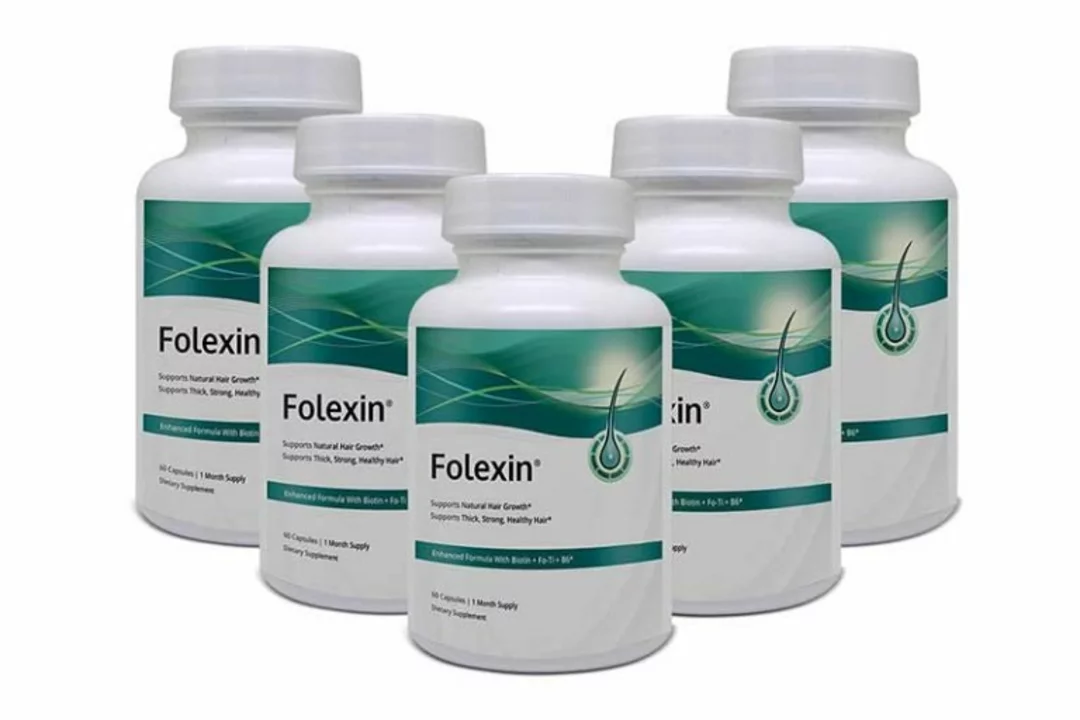All-Natural Supplement Guide: What to Know Before You Buy
Thinking of trying an all-natural supplement? A lot of people assume "natural" equals safe. That’s not always true. This quick guide helps you pick better products, avoid common risks, and use supplements in a way that actually makes sense for your health.
What "all-natural" really means
"All-natural" is a marketing term, not a guarantee. It usually means ingredients come from plants or minerals, but it doesn’t promise purity, dose accuracy, or safety. Look past the label—check the ingredient list, amount per serving, and any standardized extract percentages. If a product hides its amounts in a "proprietary blend," be cautious.
Which supplements people actually use and why
Some herbs show up often: jiaogulan for stress and energy, Cherokee rosehip for vitamin C and joint support, and African wild potato in traditional preparations. Berberine is popular for blood sugar support, and saw palmetto is used for hair and prostate concerns. These can help some people, but effects vary a lot. Expect weeks of use before noticing subtle changes, and don’t expect miracle results overnight.
Pick supplements that list active compounds and standardized amounts. For example, a ginseng product that states ginsenoside percentage gives you a real measure, while vague claims don’t.
Quality matters. Look for third-party testing seals from ConsumerLab, USP, or NSF. These tests check that what’s on the label is actually in the bottle and that contaminants like heavy metals are within safe limits. Country of origin and manufacturing practices also matter—trusted manufacturers follow good manufacturing practices (GMP).
Safety first: supplements can interact with prescription meds. Blood thinners, blood pressure drugs, diabetes meds, and some antidepressants are common culprits. If you take any regular medication, ask your pharmacist or doctor before adding a new supplement. Also avoid starting several new supplements at once; introduce one at a time so you can spot side effects.
Dosage and monitoring: follow the label and start at the lowest advised dose. Keep a simple diary: note dose, time, and any changes in sleep, digestion, mood, or symptoms. If nothing improves after 8–12 weeks, reconsider. If you notice side effects like rash, dizziness, or unusual bleeding, stop and consult a clinician.
Practical buying tips: avoid products promising fast cures, skip proprietary blends, check expiration dates, and read recent user reviews that mention batch quality. Store supplements in a cool, dry place and keep them out of reach of children. Pregnant or breastfeeding people and kids should avoid most supplements unless advised by a healthcare provider.
Want trusted reads? Check our guides on jiaogulan, Cherokee rosehip, and African wild potato for deeper looks at benefits, traditional uses, and safety notes. If you’re unsure, a quick chat with your pharmacist can save trouble later.

